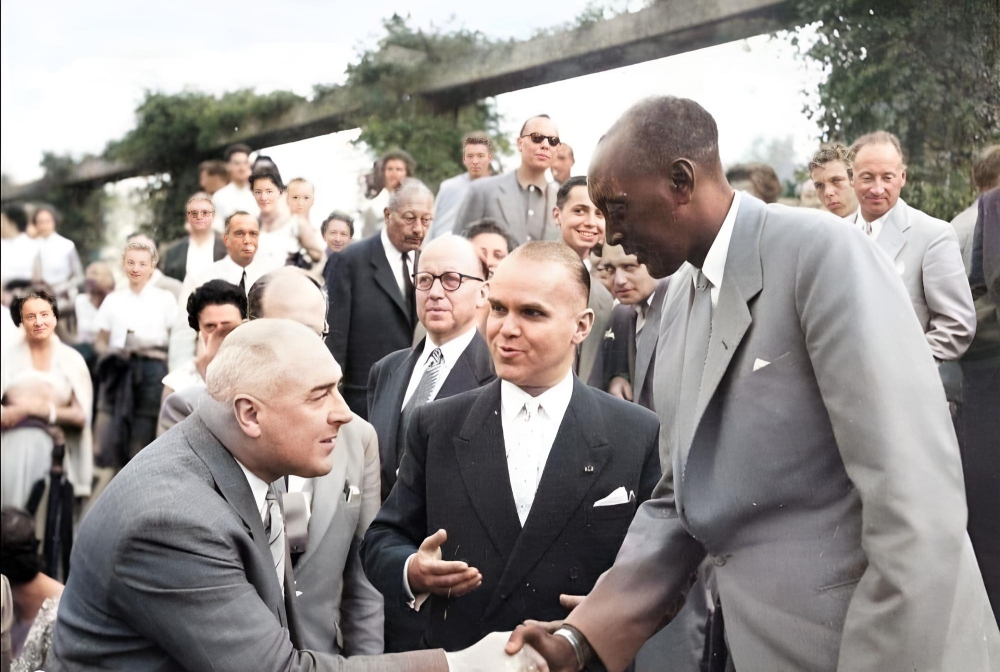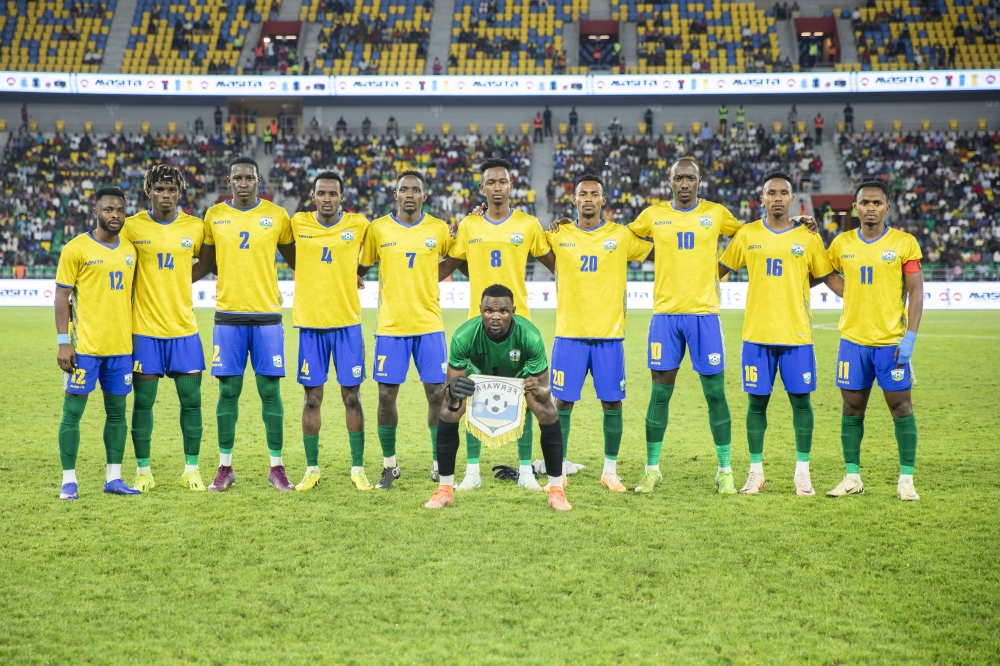From April 7, people in Rwanda began to mark the 18th Anniversary of the atrocious Genocide which took place in Rwanda from April 7 to July 18, 1994.


From April 7, people in Rwanda began to mark the 18th Anniversary of the atrocious Genocide which took place in Rwanda from April 7 to July 18, 1994. During this period, many of the Rwandan people visit sites where their families and friends were murdered. While remembering and paying tribute to their lost ones, Rwandans will meditate and draw lessons from the tragedy so as to build a bright future for the country.Chinese people have stood by Rwandans’ side in the last eighteen years. We support them in their development programmes, and helped make the genocide in this country understood back home in China.To better understand the cause and effects of the Genocide, recently, I threw myself into piles of articles and books. The abundant resources show me that most of the authors held the view that the Genocide could have been prevented. In her famous book "Conspiracy to Murder: The Rwandan Genocide”, Linda Melvern reveals how some outsiders ignored the vital warnings that the Genocide was planned and failed to stop the massive killings. On the night of April 12, 1994, Major-General Romeo Dallaire "warned that a sudden disappearance of UNAMIR would result in violence of ‘incalculable proportions’,…, "…in Washington it was considered that peacekeeping was not appropriate for Rwanda. China was the only country not to have closed its embassy in Kigali and the Chinese delegate pointed out that there was no immediate danger to the peacekeepers…” (Page 201-202). In this regard, if UN and the concerning Governments had accepted Mr. Dallaire’s detailed plan of action in his fax dated April 14, to the then UN secretary General, Koffi Annan, and acted quickly, the colossal calamities could be greatly mitigated. I checked the records of the Chinese Embassy in Kigali during the Genocide, in fact it was the last embassy to close. According to Mr. Yao Liqing, First Secretary of the Embassy at the time, he and his colleague Counsellor Lu Shudong, Chargé d’Affairs, did not leave Kigali until May 10, 1994. Later, the Chinese diplomats were able to return and resume mission in Kigali on August 3, the same year, after the RPF defeated the genocidal regime. At the first sight of the Chinese flag wavering in the breeze, our colleagues all burst into tears. "We are back, our Rwandan friends; we are back, Kigali,” they exclaimed. Entering the Embassy gate, they found everything in order, with three beautiful crowned cranes dancing easily on the grass. Local staff, Jean and Bosco, who were assigned to take care of the closed embassy in these three months, had done a lot to protect the embassy belongings from any possible looting. The Chinese diplomats were deeply moved by their excellent performance, so they embraced them with respect and gratitude for long.It is coincidental that China’s Qingming Tomb-Sweeping Festival falls on April 4, every year, only three days prior to the commencement of the Genocide commemoration week in Rwanda. Last Wednesday, the Chinese community in Kigali gathered at Rulindo cemetery where 10 Chinese people, who lost their lives for the cause of reconstruction of Rwanda, were buried. Among them, Mr. Chen Jian was shot by a group of gunmen in 1997 (during the insurgency days) when he worked as an engineer during the construction of the road from Gitarama (now Muhanga) to Kibuye (Karongi) for China Road and Bridge Company. He was only 33 when he died. Some Rwandan government officials were also present at the occasion as usual. Mr. Eric Rubayita, Director of Asian Affairs of the Ministry of Foreign Affairs and Cooperation, said at the time the Chinese Government and companies were the first to offer a supporting hand to Rwanda after the end of Genocide, and both the Chinese and Rwandans would never forget the contributions they had made to the local social and economic recovery and development. As H. E. President Paul Kagame said, we will always remember Genocide victims so that even those who did not experience it may learn the history of the Genocide and its causes, and draw lessons that will make it impossible to repeat it. That’s the value of history.I feel confident that Rwandans will not only remember what happened in the past, they will also show the world how they will move on to the bright future under the strong leadership of the Government and principle of reconciliation and forgiveness. Umusogongero w’isi ni umubano.The author is the Second Secretary of the Chinese Embassy in Rwanda




